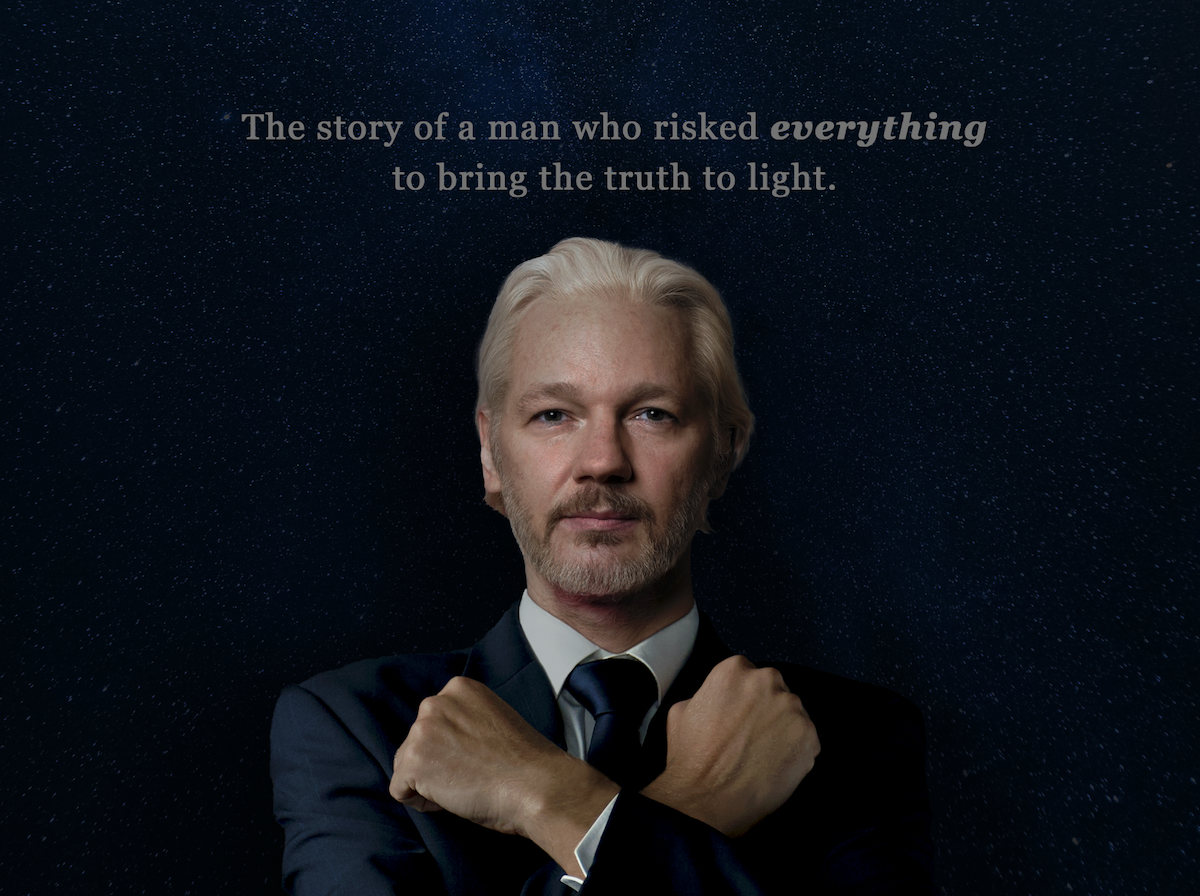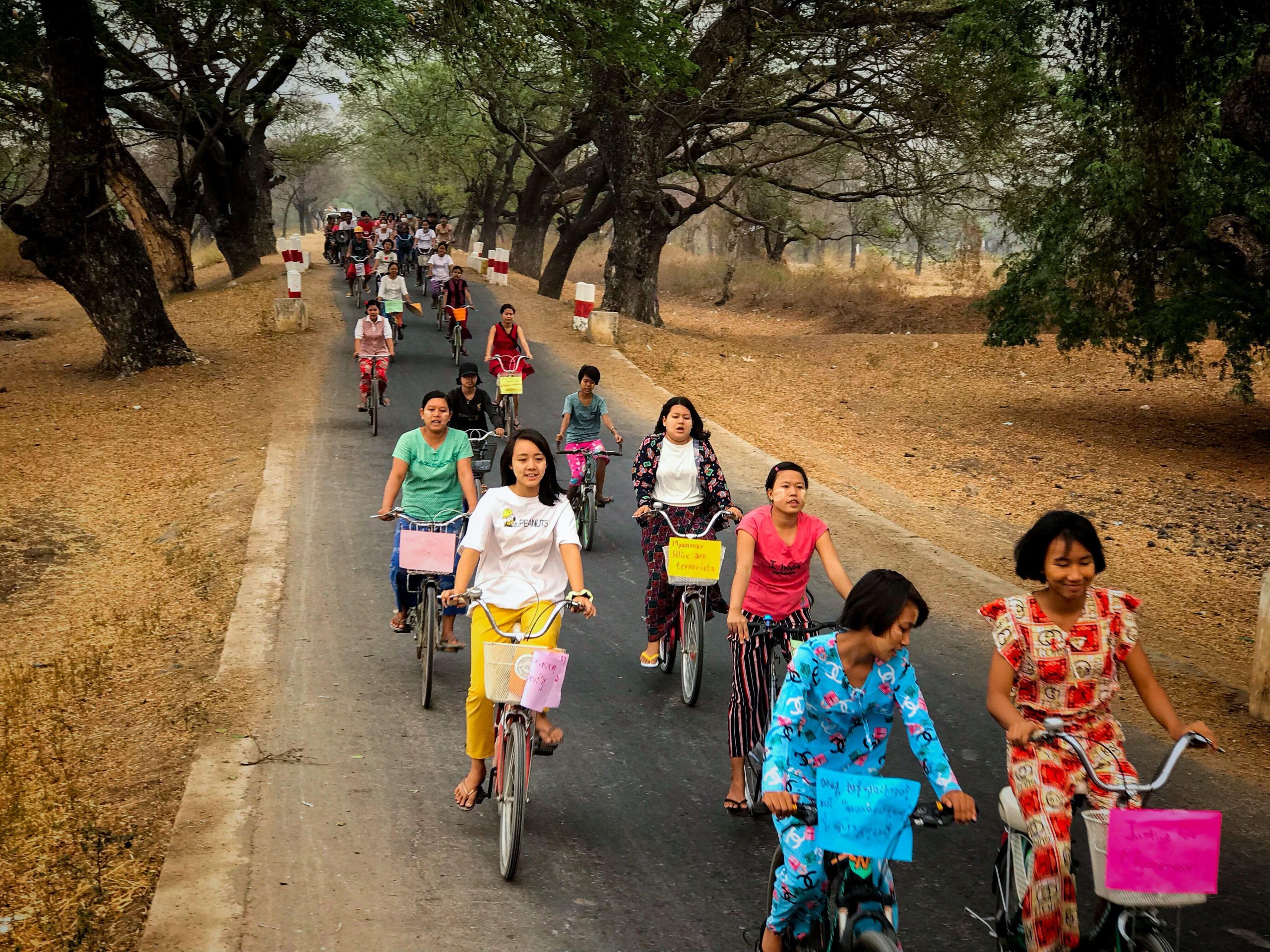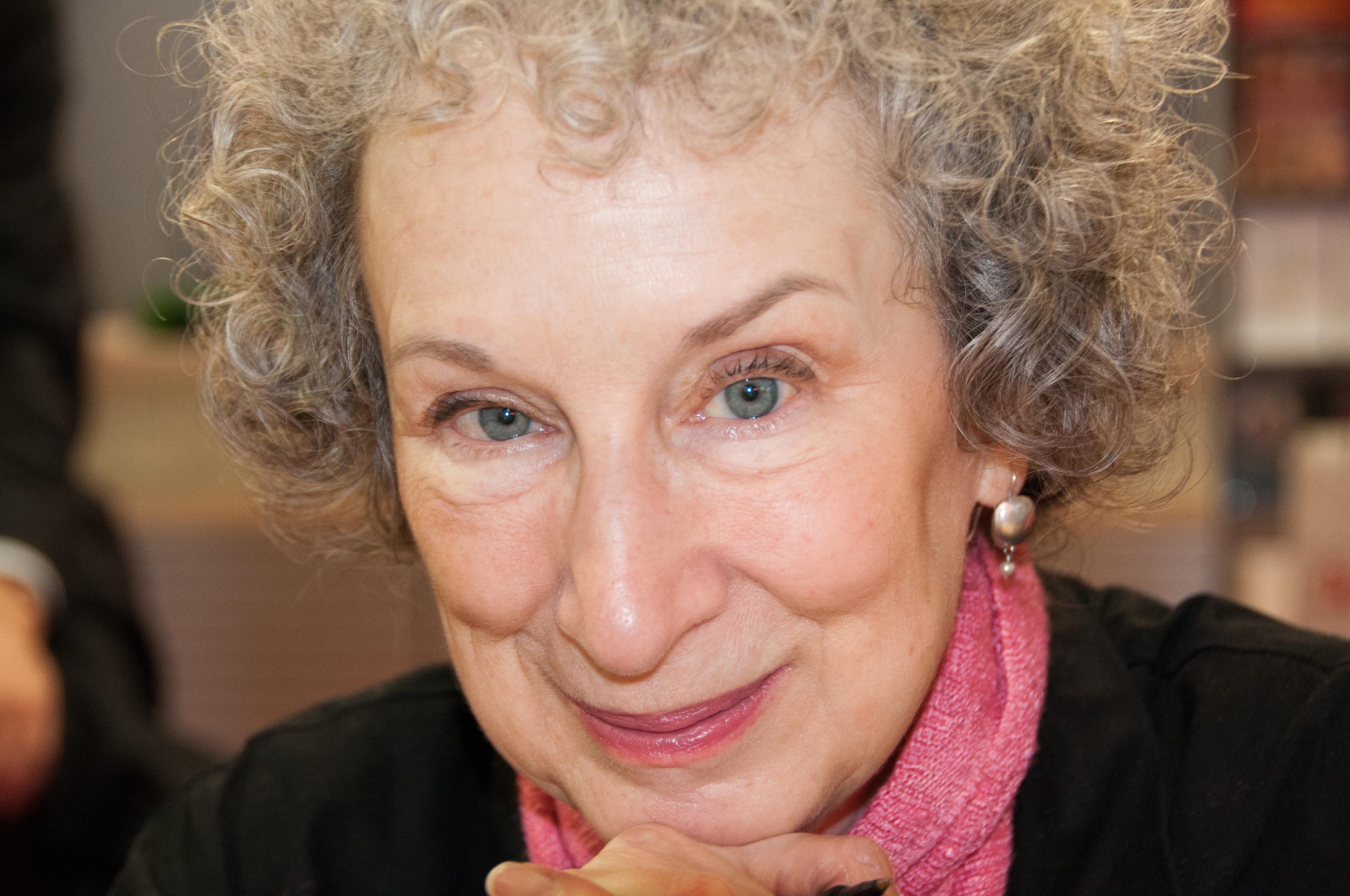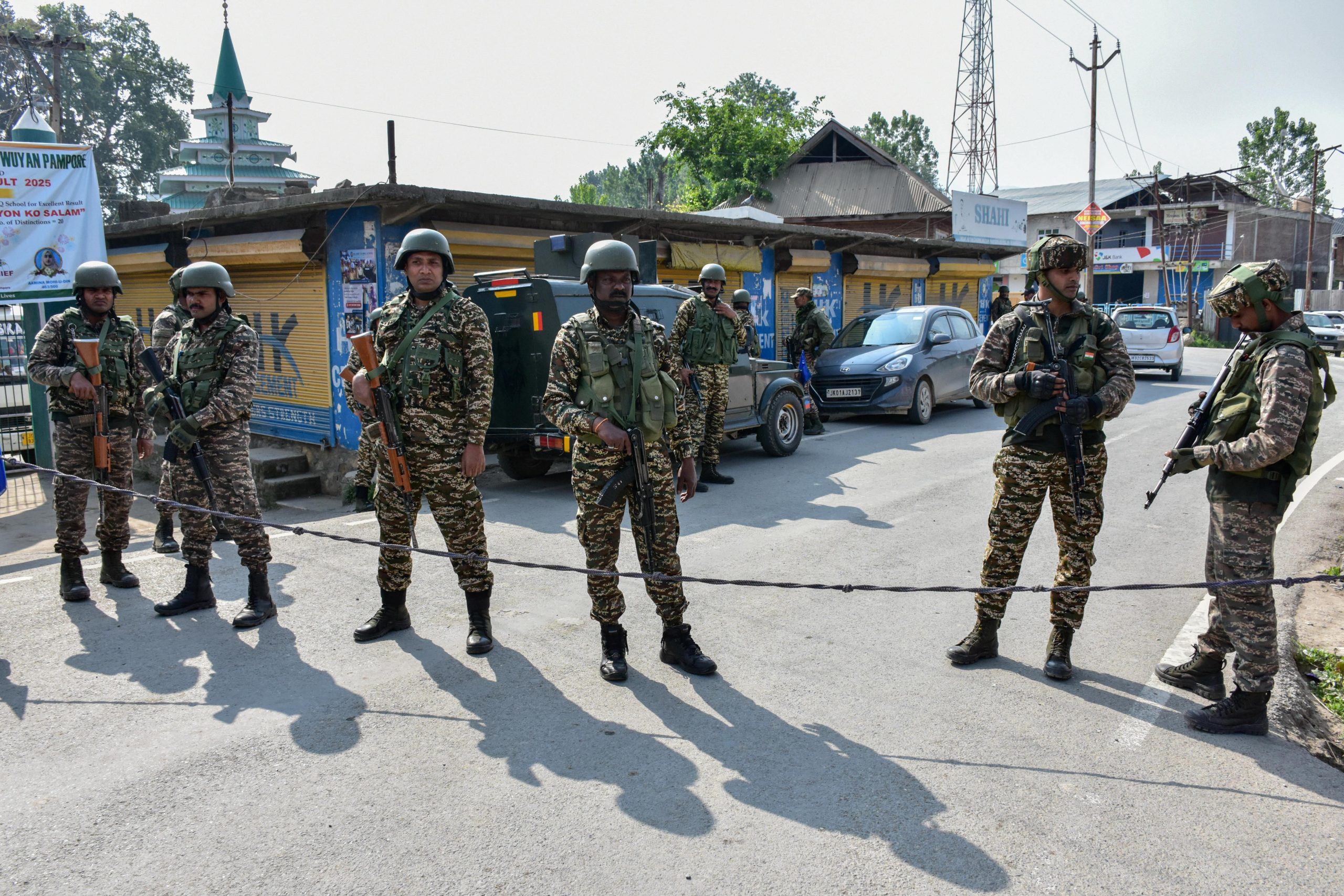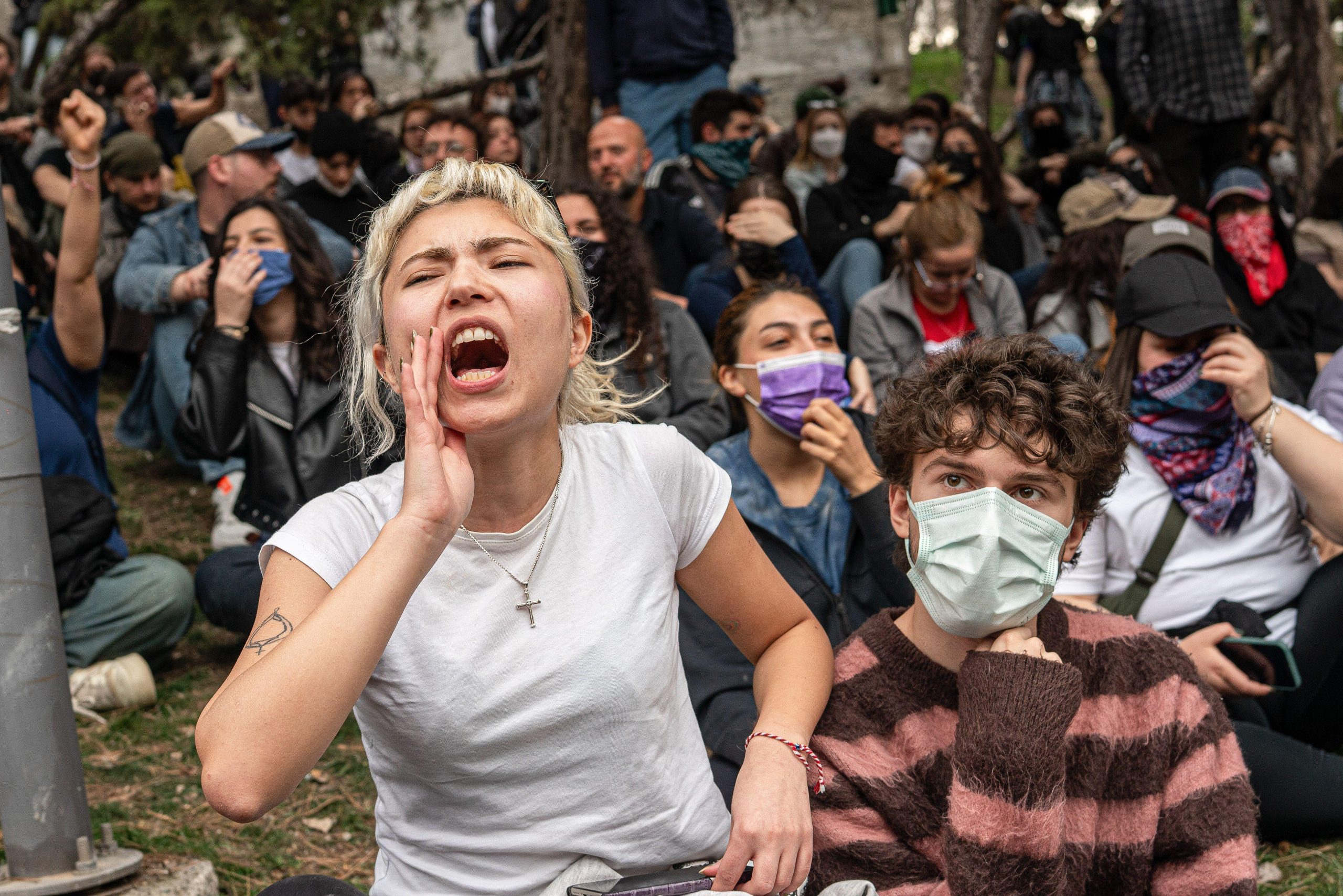As Julian Assange awaits the verdict of his final court appeal against his extradition to the USA, where he faces a maximum sentence of 175 years in prison under the Espionage Act for publishing classified information, those on the outside are determined not to give up the fight to free him.
The Trust Fall: Julian Assange – which will be released at cinemas this Friday – follows the Australian publisher and activist through his lifelong pursuit of truth. The film explores Assange’s life through archive footage and recollections of those who know him, focussing on his work on WikiLeaks and the years he has spent in isolation both in London’s Ecuadorian embassy and Belmarsh Prison. Director Kym Staton told Index that although his initial mission was to raise awareness of Assange’s plight through the documentary, the reception it has garnered during early screenings has made him optimistic that real weight can be added to the campaign for his freedom.
“We worked really hard to make something that was emotional and powerful and that would help people make sense of [Assange’s] situation. It’s going so well and getting such a great reception, fantastic ratings,” said Staton. “It’s given me a lot of hope that perhaps we can do more than we thought and it might even be a part of this battle to secure Assange’s freedom.”
In the documentary’s most harrowing scene, the infamous Collateral Murder video published by Assange on his WikiLeaks site is played out in full. The footage shows a helicopter attack by the US military in Iraq in 2007, in which 11 civilians, including two Reuters journalists, were shot and killed. Soldiers can be heard laughing in the background of the video as bullets rain down on those on the ground. It’s a difficult watch, but Staton says it was essential for the footage to be included in the documentary in order to drive home Assange’s motivations.
“It’s such a powerful video and there’s nothing else that has ever been seen like it. The impact of that footage is so great it just had to be part of the film,” he said. “To show it to people for the first time on the big screen is such a great opportunity.”
“To witness people’s reaction in cinemas, to look down the aisle and see people crying watching it, it just shows us that it was a good choice,” Staton continued. “I really feel that we can’t achieve change unless people feel something on a hard level. If they don’t feel upset or cry, they may not be compelled to do anything.”
The director also notes that although the Iraq War Logs, of which the Collateral Murder video is part, is the basis of the case against Assange, the US government failed to include this particular video in their indictment, which Staton says is due to it being ”embarrassing” for the state.
The documentary drives home the importance of Assange’s case, which will have huge implications for the future of journalism. One particular concern for Staton is that these charges are being levelled at a journalist for his work in a country purporting to have a free press, which is indicative of the way in which western states tend to fly under the radar when it comes to eroding media freedom due to their reputation for liberal democracy.
“World leaders in the west – in America, Australia, the UK and other countries – they love to give these gallant speeches about free speech and about protecting journalists while on the other hand they’re bringing in all kinds of scary laws,” he said.
“It’s not so much about hate speech, it’s about clamping down on the dissemination of truth.”
The director also said the mere existence of Assange’s case was setting a “shocking and scary” precedent.
“To have an Australian journalist charged under a US law for journalistic work is just a huge injustice, a huge travesty. It’s absolutely obscene,” he said. “If things worsen and he’s put on trial in America and tortured over there, goodness knows what’s in the future for everybody. How are we ever going to have access to truthful information?”
Assange is yet to learn his fate following his appeal, but most routes to freedom have already been exhausted. Because of this, Staton said it was more important than ever to spread awareness about his cause. The director said the film only spent three months in the festival circuit as he wanted to make sure the documentary could be seen by more people as soon as it was ready.
“It just would’ve taken too long and it just wasn’t appropriate when we had a largely crowd-funded documentary to slow down the process to win awards,” he explained.
He is also conscious of the desperation of Assange’s situation on a personal level. During the production stage, Staton read Nils Melzer’s book The Trial of Julian Assange, which included some shocking details that are recreated in the documentary using animation.
“During a prison cell search they discovered [Assange] had hidden a razor blade in his cell so that if he was extradited he could take control of the situation and take his own life. When I read that I was floored. I put the book down and I just sat there,” he said.
Such details humanise the story of Assange, who can often be overlooked due to the wider importance of his case. The documentary shows that not only does this case matter due to the implications it has on the future of media freedom, but that Assange is a real person who has been imprisoned for journalistic work. He deserves to be freed.
The Trust Fall: Julian Assange is released in UK cinemas on 15 March

